Guide for Grassroots Sport Events



This guide has been created to provide information, inspiration and examples of initiatives that work to grassroots sport organisations, showing them how to organise sport without waste events. It focuses on the HOW with a step-by-step approach, while giving tips and tricks on establishing partnerships, communication and working with volunteers.
The concept stems from BG Be Active’s experience in supporting the cultural and grassroots sport events during the Plovdiv – European Capital of Culture in 2019. BG Be Active aspires to transfer, adapt and scale tested national practices from Bulgaria to the partnering countries with a focus on the involving the grassroots sports sector (event organisers, sport clubs, schools etc.).
The overarching ambition is to start the #WithoutWaste movement in leisure and grassroots sport sectors by coordinating waste-free grassroots sporting events and building capacities of relevant stakeholders to coordinate waste-free events.
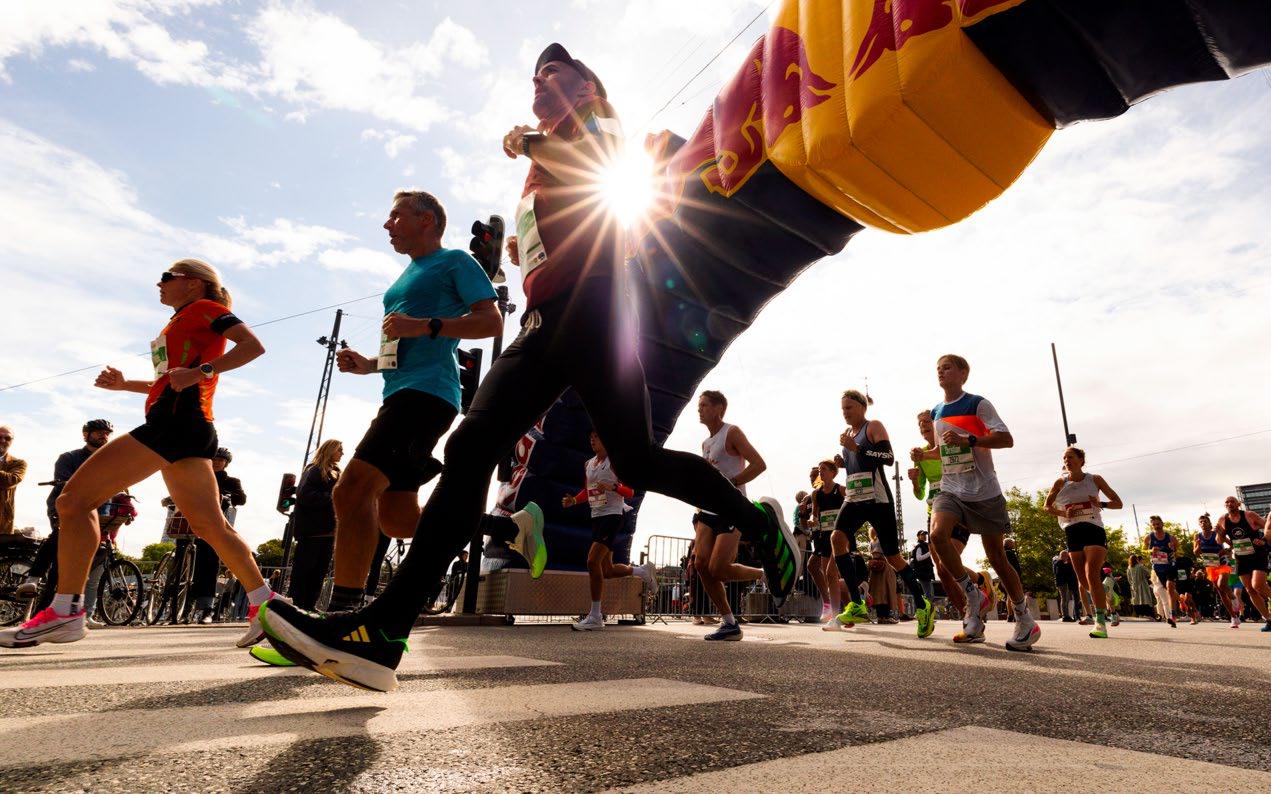
The partnership of 7 European countries within the EU supported SWW project conducted quantitative research on without waste grassroots sport events in 6 countries (Albania, Bulgaria, Hungary, Romania, Serbia, and Türkiye) between July and December 2022.
The quantitative study targeted two important project stakeholders: those who participate in Sport #WithoutWaste events, and those who organise them, as this target group holds essential information that can support the implementation of the project. 370 valid responses were collected from 6 partner countries on key trends and challenges.
The research lead to the Sport #WithoutWaste report1 that provides answers to how to define a #Without Waste grassroots sport event including schoolbased sport and leisure activities, the context and needs of these 6 countries’ grassroots sport organisations in relation to organising #SWW events.
1 https://sportwithoutwaste.org/more-innovative-efforts-are-needed-tomake-grassroots-sport-events-sustainable/

Grassroots sports events #WithoutWaste include local and small-scale sport events. This is to distinguish from larger, mass events such as the Olympics or the FIFA World Cup. #WithoutWaste grassroots sports events instead focus on small organisations, NGOs, and schools that create local community-related sports events. These are often established in a bottom-up matter and include the needs and contexts of their local communities.
The main aim is to reduce and reuse waste at events. We are talking about a #WithoutWaste event when there is action taken to:
Try to reduce disposable cutlery and plates and use their sustainable alternatives;

Separate waste collection bins are available and easily accessible on spot so that people can throw their waste separately; Drastically reduce the amount of waste generated and organise safe disposal of reusable waste.


According to the report based on the findings of our qualitative research, we decided to extend the definitions of grassroots sports events that implement the #WithoutWaste concept.
Sports organisations implementing the #WithoutWaste concept should pay attention to:
■ Providing opportunities for children to actively participate, infrastructure during sports events (such as clearly visible recycling bins at the event venue), displays of information related to recycling during events
■ Training staff and volunteers to react and prevent littering and organisations to implement placemaking methods to increase ownership
■ Communicating the responsibility to recycle for participants, and the efforts made by organisations
■ Collaborating with media to reach out to communities and communicate efforts and with other organisations to efficiently share resources
■ Creating funding opportunities and more experiences of waste-free strategies (such as reusable plates, cutlery, cups, etc.)
In the following sections of this guide, you will find useful tips and ideas based on the key characteristics above, such as establishing local partnerships, working with volunteers, and communicating before, during and after your sport event #WithoutWaste.
It’s time to consider whether the things we find essential for our event are really essential.
Much of what we use at sport events is used simply because that’s what we’ve always done. We can avoid producing as much merchandise/products as possible, since they cannot be reused.
Stop and think outside the box – what can we do differently to generate a positive outcome from a sustainability perspective? Perhaps there’s a more sustainable solution just around the corner? If it’s not possible to give up a product for your event, then why not consider the ones made of recycled materials or more sustainable material.

Facebook Event Cover

Download Work File
Social Media Post
Download Work File
PAPER CARDBOARD
Trash stickers
Download Work File

PLASTIC CANS
GLASS
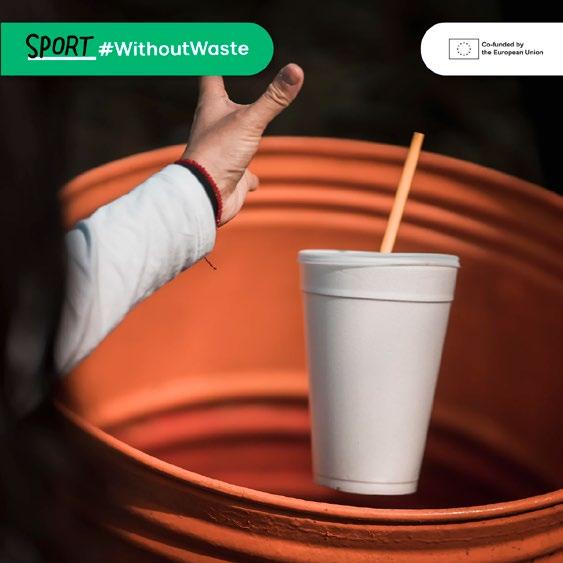
Before start planning your sport event, use these 6 Rs2 to find your waste management strategy.
Do I really need this product/merchandise for my event?
How can I reduce the usage of non-sustainable products/solutions?
Try as much as possible to use recyclables products.
Search for more sustainable alternatives to existing traditional solutions.
Make sure that what is not used can be recycled.
REMIND
1 2 3 4 5 6 ↑
Inspire colleagues and stakeholders to think in sustainable terms and alternatives.
Wondering how to set up the venue for your #WithoutWaste event? Having trouble establishing partnerships? OR Do you need communication suggestions that will inspire you? You may have heard of most of the steps below, or you may already be using them in your sports events.
Anyways, take a look at the suggestions below for more inspiration!
+ Select a location and a venue for your event that takes advantage of public transport and infrastructure in your city. Smart choices of location facilitate collective travel.
+ Prioritise venues that are able to clearly demonstrate their positive environmental impact and supporting waste sorting/recycling.
+ Ensure recycling bins are visible and clearly signposted.
+ Place useful information signs at the venue regarding separate waste collection so that everyone can see it.
+ Ensure showing separate waste collection at least twice throughout the event.
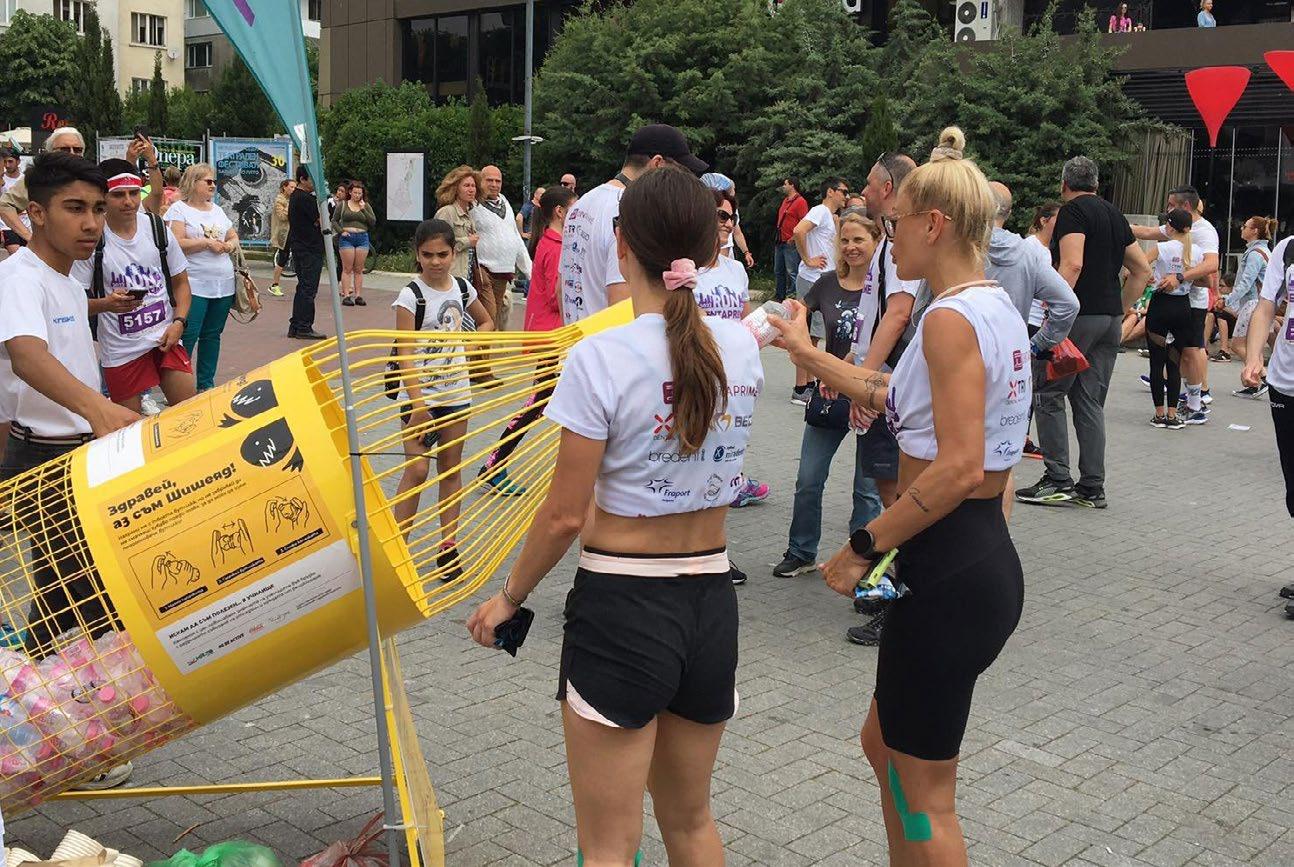
These are ways of making your event appealing and attractive. However, when considering ways to decorate your venue without creating extra waste, it’s important to clarify the purpose of each individual element:
■ Replace: Ask first if it is genuinely necessary. You can decide whether each element should be replaced by an alternative solution, or whether to produce an equivalent product/solution out of sustainable and environmentally friendly material – or perhaps a mix of both options.
IDEAS3:
+ Provide participants with practical information to facilitate their experience – such as a starting line and finish line of an event- by keeping in mind the value that your venue dressing creates. Could a bridge mark the start and the end? Is it possible to cut down the production of new materials or ensure that what is produced is reusable and sustainable?
■ Reuse: Produce 80% of banners and beach flags so that they can be reused several years in a row.
■ Remind: Remind yourself and your colleagues of your main purpose when organising this event.
■ Refuse: Extra promotional items, non-recyclable, single-use merch.
Catering is one of the areas with the highest environmental impacts at an event.
■ Replace: Avoid unnecessary packaging and plastic bottles and cups. Give each participant a reusable, recyclable cup or a bottle in return for a deposit, and organise a refill and return system which rewards participants for reusing and returning their cups and bottles. Make sure to communicate the system clearly to participants.
IDEAS4:
+ If you’re providing food for your event, keep in mind that meat has a larger carbon footprint than vegetables. Provide sustainable choices to participants and show vegetarian dishes first on the menu, so that they feel encouraged to go for the greenest option.
■ Reuse: Consider distribution of surplus food. Build a partnership with an organisation that can distribute the left-over food, such as Too Good To Go.
■ Recycle: What cannot be reused should be recycled. Ideally, make sure to have waste sorting for plastic, metal, glass and paper as well as organic waste. Suppliers should also make sure to use reusable boxes. Build partnership with local authority for waste sorting and organic waste.
■ After the event: Measure and follow up on the amount of the food waste generated and the proportion of food waste that is unsorted.
In order to reach your #WithoutWaste event goals, you will need to establish local partnerships in different areas 5 . Don’t forget, partnerships do not have to involve financial support.
Use your local knowledge and competence to invite stakeholders to a dialogue at the planning stage
+ Map out possible partnerships based on the measures you want to take. Perhaps you already have a good contact that can help.
+ Contact other associations, schools, day care centers in your local area for partnership. Perhaps you can discover a possibility of joint waste management.
+ Partner with the local authority to handle organic waste, waste sorting and waste containers etc.
+ Partner with organisations that donate surplus food
+ Partner with organisations that offer bottle return system
+ Contact companies which can provide recyclable serveware.
+ Green ambassadors: Get in touch with the local authorities and try to involve schools in your event. Choose students for green ambassadors who can get incentives based on their performance before and throughout the event.
Choose partners who inspire you to think sustainably. Ensure that suppliers support your own objectives.
5 www.dgi.dk/foreningsledelse/medlem-af-dgi/medlemsfordele/foreningernes-verdensmaal/partnerskaber-og-faellesskaber
When planning prioritise digital communication over printed material.
+ Refer to your without waste policy in all communication
+ Inform the public that you have made sustainable choices when it comes to the selection, sourcing and transport of food.
+ Organize competitions with pictures shared on social media, for example of the funniest piece of rubbish found, or of artwork created out of the rubbish.
+ Offer a virtual prize
+ Post pictures and advertisement on social media using #WithoutWaste, encourage participants to use the same hashtag and tag your organisation.
+ Announce winners on social media, and if you have sponsored prizes, make sure to advertise these.
+ Provide concrete examples of results and impacts in follow-up communication
Volunteers are an important component of any successful #WithoutWaste sport event. Here are key elements working with volunteers at your event6
+ Make sure that volunteers have adequate responsibility. They should be assigned specific tasks, and then trusted to complete them.
+ Talk to the volunteers about their responsibilities and the principles of separate waste collection.
+ Train volunteers before the event to provide assistance on spot and to inform people about separate waste collection.
+ Provide educational materials on recycling good practices and waste management
+ Allow volunteers to pair up with others and work in teams. Working with another person on the event day allows volunteers to build a community.
+ Ask for input before the event. There should be space for volunteers to provide ideas and suggestion.
+ Allow them to enjoy and learn from the event.
+ Ask feedback from volunteers. Evaluate the event including them and give them space to share their genuine opinion.
6 greensportsalliance.org/wp-content/uploads/2020/11/Collegiate-Zero-Waste-Playbook-.pdf
Below are some examples to inspire you:
■ I will minimise the use of tableware and packaging
■ I will make sure whatever is used is recycled or reused in the most sustainable way possible
■ I will make partnership with suppliers that will support my objectives
■ I will remind myself and my colleagues of our main purpose for our event.
■ I will refuse any unnecessary and non-recyclable promotional items
An

Sparta is Denmark’s largest non-profit race organiser and running and athletics sport association. In addition to offering athletics and running training, Sparta also runs several large running events each year such as the Copenhagen Marathon, CPH Half and DHL Stafetten in Copenhagen, where thousands of people gather around the joy of running. As a non-profit sports association, it defines one of its primary tasks as supporting the transition towards sustainability
The transition towards sustainability is a process with many parties and sectors involved. That is why we take the lead as an active participant in a number of networks with the event industry, manufacturers and public authorities to solve challenges and remove barriers that prevent a green transition.
+ Eliminated plastic cups in favour of biodegradable paper cups.
+ Hand out water bottles made of 100% recycled plastic (PET).
+ Banned confetti and use biodegradable balloons.
+ Tap water for water stations directly from fire hydrants, thereby avoiding packaging and transport.
+ Avoided unnecessary printed material in favour of digital communication.
+ Reused signage and other printed material.
+ Partnered with our suppliers to adjust and reduce food delivery to suit needs.
+ Sponsors want to be part of sustainable solutions. Sustainable and green solutions are often more expensive, but by teaming up with partners you can reduce costs.
+ Start with one event and one city to test out a new product.
+ Think holistically: logistics, packaging, loading, unloading, transport – that way, you won’t run into unpleasant surprises. A paper cup takes up more space than a plastic cup. We use approx. 300,000 cups at a half marathon. For plastic cups, this amounts to two pallets, while for paper cups it amounts to 7-8 pallets.
At CPH Marathon (13,200 participants in 2019), 3.6 tonnes CO2e can be saved by choosing T-shirts made of recycled polyester. By focusing on what you give to participants at the event and encouraging them to recycle it, you can reduce carbon emissions considerably.
Sources: Event Guide for Green and Sustainable Events
Sparta’s website: sparta.dk
Video in Danish showing the waste management during the DHL Race: Affaldsudfordringen ved DHL Stafetten KbhAn eco example:
+ The idea of the EcoTrail was born in 2007 in the suburbs of Paris.
+ The concept is based on using the natural trails of urban areas to offer various race distances to runners and help them understand the importance of protecting natural environments.
+ The concept started expanding to other cities in 2012 , first in Brussels, then Madrid in 2016 and Stockholm & Reykjavik in 2017. In 2020, the concept still growing, this time in Middle East, in AlUla in Saudi Arabia8 .
+ Focused on reducing the environmental impact, by reducing and sorting waste, deploying eco-actors to clean the courses, using sustainable products.
+ Educated trail runners on eco-responsibility, by raising awareness about sustainable development, providing individual waste disposal bags, signing an ethical charter, using signage that encourages eco-responsibility
+ Provided balanced products at refreshment posts, by using local and seasonal products first and redistributing food excess to local associations, etc. 7 www.ecotrail.com/en/eco-reponsibility
8 www.ecotrail.com/en/concept
Zero Waste sport team had the idea of organizing a cycling event that would combine its values as a sporting challenge, with three strong commitments:
+ Avoid waste production
+ Do not buy new equipment
+ Minimise the carbon impact
According to their website, the team of cyclists left the city Besancon in destination to Grande Traversée du Jura. By choosing the Jura massif, the team wanted to highlight its attachment to the practice of local sport, as a means of reducing the carbon footprint, and advocating the return to slow travel and by land.
Despite the challenges, the team succeeded in achieving their objective: to limit waste as much as possible by using bulk bags, reusable boxes. The groceries consisted mainly of vegetables, fruits, semolina and cheeses; the meat having been set aside to minimize the carbon impact.
In conclusion, they found out that, despite the rather important material aspect for this type of sporting challenge, borrowing and re-use could easily be favored without compromising on the quality of the equipment.
9 zerodechetbesancon.fr/2022/08/20/un-defi-sportif-zero-dechet-zero-carbone/
Plogging is a fun activity where you are not only doing sports, but are saving the environment. Plogging comes from combining, “plogga” in Swedish “to pick up” and jogging which means picking up waste and running11.

Emerged as a concept of combining collecting the waste and running at the same time, plogging activities have been organised globally including Mexico, India, Finland, Seoul, UK and many more.
Plogging events welcome everybody. There is no need to be a fast runner and it´s free of charge. It can be organised from small groups of ten to much larger groups without a financial burden.
10 www.goplogging.org/event
11 ploggingworld.org
Sport Zéro Plastique is a project aiming to eliminate single-use plastic in amateur sport in Paris12. For this purpose, they organise challenges in which sport clubs can join with a project that limits plastic usage.
As indicated on their website, their objective is to demonstrate that good practices emerging in the field can put plastic aside. As a methodology, they use team spirit and competition to encourage clubs to accelerate their actions in favor of ecological transition.
Find here a practical guide in French that will inspire you to develop practices in this field:
40 Mesures to end plastic in my sports club
Watch here the Youtube video.
12 Sport Zéro Plastique | Dix clubs engagés contre le plastique (sportzeroplastique.fr)

1. “Pack it in, Pack it out” signs: These signs remind people to take their trash with them and not leave it behind. They can be placed near trash cans or throughout the event space to reinforce the message.
2. “Trash on your back” campaign: This is a creative campaign where participants are given a clear plastic bag to wear on their back during the event. The idea is to encourage people to pick up any trash they see and put it in their bag, rather than leaving it on the ground.
3. “Leave no trace” messaging: This messaging emphasizes the importance of leaving the event space as clean as possible. It can be displayed on banners, posters, or through social media channels to promote a culture of litter prevention.
4. Recycling stations: Providing clearly labeled recycling stations can nudge people to recycle their waste rather than throwing it in the trash.
5. Incentives: Offering incentives, such as discounts or free items, to participants who dispose of their waste properly can nudge them to do the right thing.
6. Personalised messages: Personalized messages can be effective in nudging people to change their behavior. For example, a message that says “Hey John, please pick up your trash” can be more effective than a generic message.
7. Gamification: Adding a competitive element to litter prevention, such as a “cleanest campsite” contest or a trash pickup relay race, can nudge participants to take action and prevent litter.
8. Visible garbage cans: Placing clearly marked garbage cans in visible locations can nudge people to dispose of their trash properly. Additionally, having separate bins for recycling and compost can help reduce waste and prevent litter.
9. “Trash Talking” Signs: In some events, organizers have put up signs around the venue that say things like “Hey, you dropped something!” or “That’s not where that goes!” The playful signs catch people’s attention and remind them to properly dispose of their waste.
10. Recycling Relay Races: At some events, organizers have set up recycling stations as part of relay races or scavenger hunts. Participants have to collect items like water bottles or plastic cups and then race to the recycling bins to correctly sort the waste.
11. Personalized Waste Bags: Some events have given participants personalized waste bags with their names or team names on them. The bags encourage participants to take responsibility for their waste and dispose of it properly.
12. “What Goes Where?” Signs: In addition to recycling bins, some events have put up signs that show participants which items should be recycled, composted, or thrown in the trash. These signs make it easy for participants to correctly sort their waste.
13. Temporary Tattoos: Some events have given participants temporary tattoos with messages like “Don’t Litter!” or “Respect the Environment!” The tattoos are a fun way to spread awareness about littering and remind participants to properly dispose of their waste.
14. Funnel-Style Recycling Bins: Some events have used funnel-style recycling bins that make it easier for participants to toss their waste into the correct bin. The funnels guide the waste into the appropriate section of the bin, reducing the risk of contamination.
15. Litter-Free Pledge: Some events have asked participants to sign a litter-free pledge, promising to properly dispose of their waste and encouraging others to do the same. The pledge can be a simple yet effective way to encourage participants to take responsibility for their waste.
1. sportwithoutwaste.org/more-innovative-efforts-are-neededto-make-grassroots-sport-events-sustainable/
2. www.dif.dk/media/ntynlcsg/b%C3%A6redygtighedsguide_ pulje.pdf
3. hallbaraidrottsevenemang.se/wp-content/uploads/2020/06/ Aspects-of-Sustainability.pdf
4. www.dif.dk/raadgivning-og-stoette/idraetsudvikling
5. greensportsalliance.org/wp-content/uploads/2020/11/Collegiate-Zero-Waste-Playbook-.pdf
6. sparta.dk
7. sparta.dk/om-os/baeredygtighed-og-samfundsansvar
8. www.ecotrail.com/en/concept
9. www.triathlon.org/uploads/docs/ITU_Sust_v5.pdf
10. www.gtj.asso.fr
11. www.sciencedirect.com/science/article/pii/ S0959652620353907?via%3Dihub
12. assets.simpleviewinc.com/simpleview/image/upload/v1/clients/lanecounty/123_ResponsibleSport_Guide_Eugene_Cascades_Coast_Sports_Commission_1ad41f76-afb4-4e1c-bb52233c4a5e6672.pdf
13. www.zerowastefrance.org/en/publication/ mon-evenement-sportif-zero-dechet
14. www.zerowastefrance.org/wp-content/uploads/2016/08/01_ enfamille_uk_5juin2019-1.pdf
15. www.dgi.dk/foreningsledelse/medlem-af-dgi/ medlemsfordele/foreningernes-verdensmaal/ partnerskaber-og-faellesskaber
16. www.toogoodtogo.com/da
17. www.datocms-assets.com/43889/1665761641-guide_sportzeroplastique_web_vf.pdf
18. ploggingworld.org
19. norden.diva-portal.org/smash/get/diva2:1065958/FULLTEXT01.pdf
20. www.zerowastescotland.org.uk/sites/default/files/ZWS%20 Litter%20Nudge%20Study.pdf
21. www.tandfonline.com/doi/full/10.1080/14649357.2021.1962957
Lead Partner:
Financial Support:

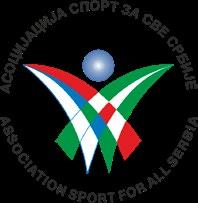

Implementing Organisations:


Expert Partners:
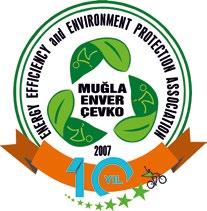
CONTACTS: BG Be Active Association Bulgaria www.bgbeactive.org
beactive@bgbeactive.org
DISCLAIMER:
Sport #WithoutWaste (SWW) is funded by the European Union. Views and opinions expressed are however those of the author(s) only and do not necessarily reflect those of the European Union or EACEA. Neither the European Union nor the granting authority can be held responsible for them.